Microbes
-
 Life
LifeIf bacteria stick together, they can survive for years in space
Tiny clumps of bacteria can survive at least three years in outer space. This raises the prospect of interplanetary travel by microbial life.
-
 Chemistry
ChemistryStinky success: Scientists identify the chemistry of B.O.
They turned up the enzyme in bacteria behind that underarm stench. Understanding how it works could pave the way to new types of deodorant.
-
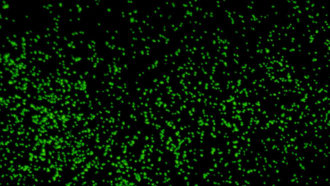 Microbes
MicrobesSome deep-seafloor microbes still alive after 100 million years!
Some starving microbes nap while awaiting their next meal. For some living miles below the ocean surface, that nap may exceed 100 million years.
-
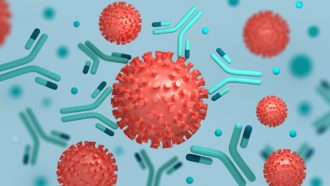 Health & Medicine
Health & MedicineExplainer: What are Antibodies?
Antibodies are one of the major players in the immune system’s attack against germs. Learn what they are, what they do and how they keep us healthy.
-
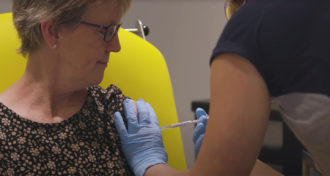 Health & Medicine
Health & MedicineNew COVID-19 vaccines show promise in people
Early data from human trials show that several candidate COVID-19 vaccines produce virus-inactivating antibodies and immune cells that fight the virus.
-
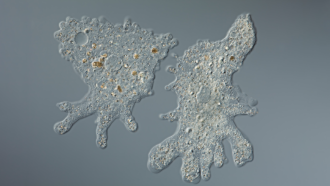 Microbes
MicrobesScientists Say: Amoeba
Amoebas are single-celled microbes that move and eat with shape-shifting bulges that extend from their cells. Some are blobs. Others build a shell.
-
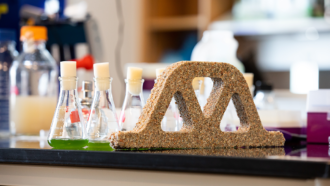 Materials Science
Materials ScienceThis ‘living’ concrete slurps up a greenhouse gas
Microbes help harden a mix of sand and gelatin into a living concrete that could interact with people and the environment in great new ways.
-
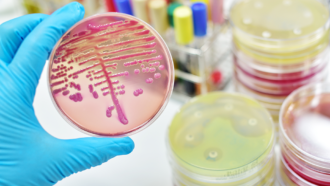 Microbes
MicrobesLet’s learn about microbial communities
Communities of bacteria and other single-celled critters are all around us, on us — even inside us.
-
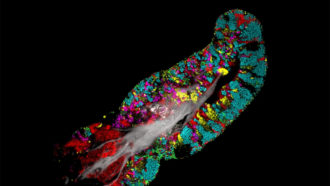 Microbes
MicrobesCheck out the communities of bacteria living on your tongue
Bacteria scraped off the tongue offer a window into how the microbes structure their communities.
-
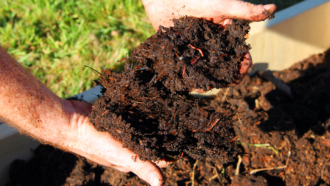 Environment
EnvironmentGreener than burial? Turning human bodies into worm food
Composting human bodies yielded good results — and good soil — in one small study. It could become an alternative to burial or cremation in one state.
-
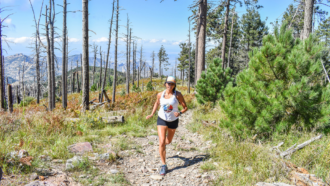 Earth
EarthDesert trails and microbial life excite this soil scientist
To help her desert community, Lydia Jennings focuses her research on how mining affects soil microbes.
-
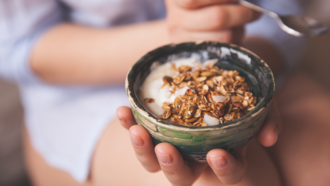 Life
LifeScientists Say: Fermentation
Fermentation breaks down carbohydrates, such as sugars, producing energy and making gases, acids or alcohol. This process can help make foods and fuels.